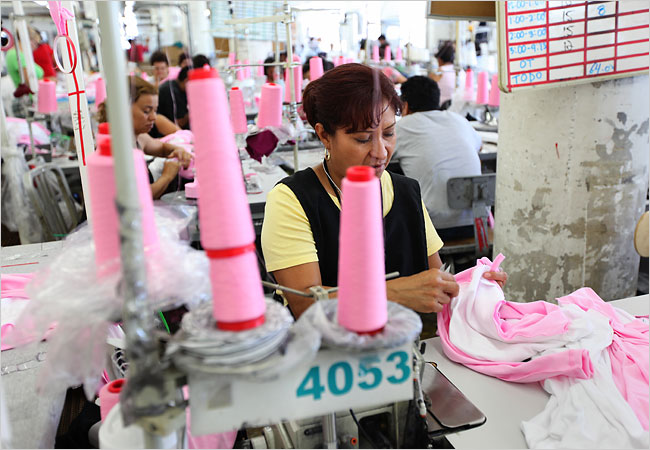While the Obama administration vowed to take on comprehensive immigration reform in 2009 and has now shifted its goal to legislation in 2010, several positive changes have recently begun to nudge the broken system towards increased fairness. On Wednesday, December 16, ICE assistant secretary John Morton stated that asylum seekers would no longer be detained indefinitely as long as they could prove their identity, that they were not a flight risk, and that they have a credible fear of persecution in their home country. (AILA Leadership Blog). Although this has been official policy since 1996, Morton’s statement in late 2009 intimated that asylum seekers would be evaluated as soon as they make their claims, rather than sitting in an ill-equipped, makeshift detention center, often with violent criminals serving sentences. Such a practice would begin to treat asylum seekers as we treat others in judicial proceedings – innocent until proven guilty.  The administration also responded to the humanitarian crisis not simply by pledging financial aid and committing troops but by alleviating the immigration laws which were denying Haitians or even deporting them despite the catastrophic conditions of that island. DHS Secretary Janet Napolitano announced on January 18 that the United States was extending humanitarian parole to Haitian orphans seeking care. The Department of State and Department of Homeland Security are working to get visas or paroles for these children, and once the unaccompanied minors arrive in the United States they will be in the care of the Department of Health and Human Services. Some of the children will qualify for permanent immigration status, while others will just be granted a visa, but either way these children will get the care they need in time. In an area of legislation that often takes decades to move, it is refreshing to see the Obama administration react quickly to the urgent needs of Haitians. (DHS Fact Sheet).
The administration also responded to the humanitarian crisis not simply by pledging financial aid and committing troops but by alleviating the immigration laws which were denying Haitians or even deporting them despite the catastrophic conditions of that island. DHS Secretary Janet Napolitano announced on January 18 that the United States was extending humanitarian parole to Haitian orphans seeking care. The Department of State and Department of Homeland Security are working to get visas or paroles for these children, and once the unaccompanied minors arrive in the United States they will be in the care of the Department of Health and Human Services. Some of the children will qualify for permanent immigration status, while others will just be granted a visa, but either way these children will get the care they need in time. In an area of legislation that often takes decades to move, it is refreshing to see the Obama administration react quickly to the urgent needs of Haitians. (DHS Fact Sheet).
In addition to the humanitarian parole for children, Haitian adults now qualify for temporary protected status (TPS) if they have resided in the United States since January 12, 2010, and maintained a continuous physical presence here. For all the individuals in removal hearings, for all those awaiting an immigration decision with bated breath, for all those wondering when they would be put on a plane and send back to a country with few to none working airports, this announcement also reinstills hope that this year may be the year when comprehensive immigration reform escapes partisan politics and actually gets implemented. (Christian Science Monitor). Hopefully comprehensive, rather than cumulative, immigration reform will finally pass in 2010.





